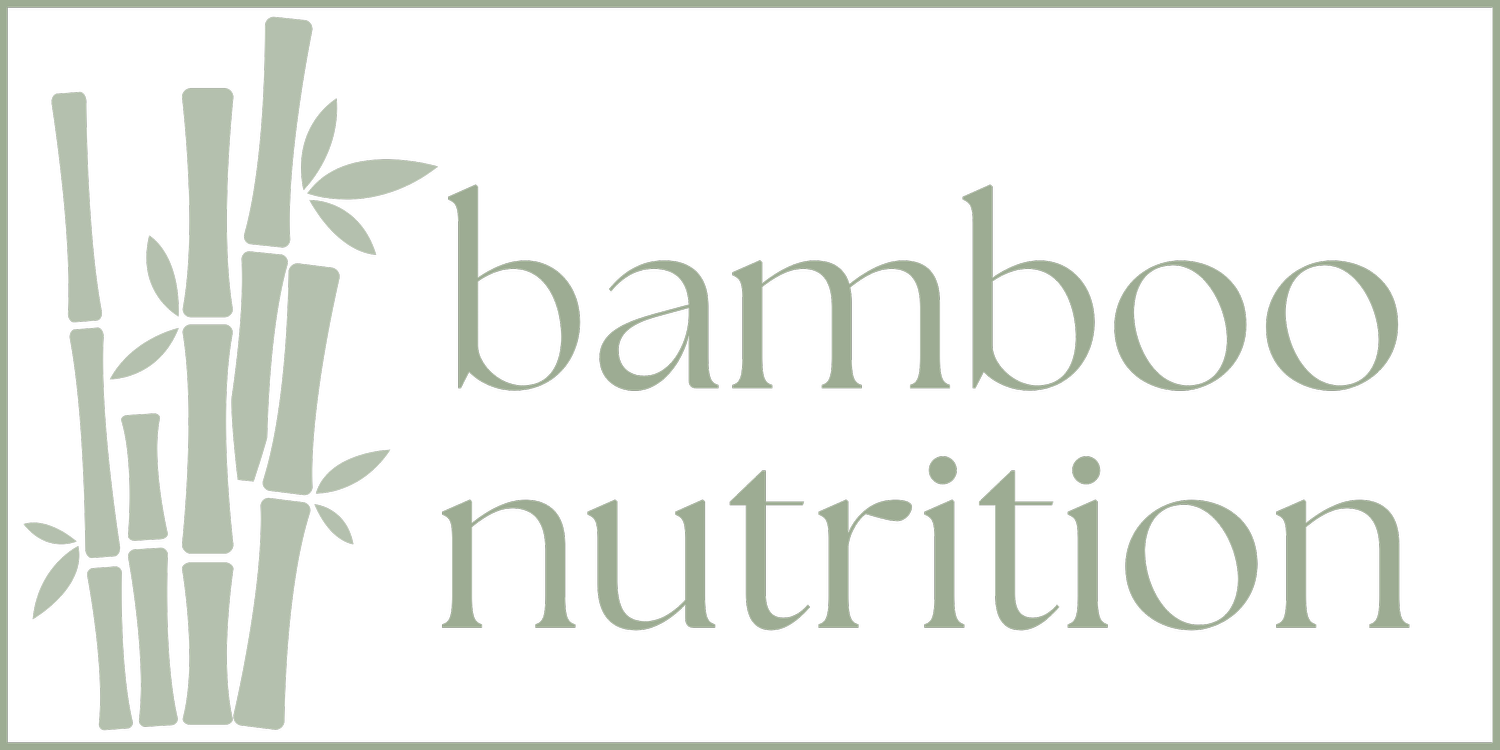Written by Isabelle Bouchard, MS, RD, LD
It is National Registered Dietitian Day and this article may feel like I am talking from my soap box…. that’s because I am.
Where do I go for nutrition advice?
This is a question that I feel we should not have to ask. It is representation that our education, our government body, and our society as a whole has failed us. Every person ought to know what a dietitian is just as they know to go to a contractor to build a house, a dentist to fix a tooth ache, a preacher to ask questions about God, and an oncologist if diagnosed with cancer.
I am a registered dietitian, which is considered to be the highest quality training you can receive in the field of nutrition. It was not an easy path getting to this point, but those of us who become dietitians do so because we are interested in understanding on a deeper level the impact of nutrition in a person’s body and how to implement nutrition recommendations in a clinical setting.
We are trained to provide nutrition recommendations in various settings: sports, hospital, food service, senior living homes, mental health, feeding difficulties, and more. After your education is complete and you pass the board exam, you get a job in the specific field you’re interested in. From there we must continue to educate ourselves and stay up to date on research and the field of nutrition by attending lectures and entering them into our organization’s record to maintain our status as a dietitian. If we fail to stay up to date on our ongoing education then we must retake our board exam in order to continue practicing as a dietitian.
What is the difference between a dietitian and a nutritionist?
Registered dietitians, abbreviated RD or RDN, are the recommended professionals to seek consultation from for all things related to nutrition.
A Nutritionist can be any person. Literally any person. You reading this can call yourself a nutritionist, set up a shop, charge $100 to ask some questions then tell them what to eat.
THANKFULLY this type of practice is illegal in most states. UNFORTUNATELY people still get away with it.
If you are seeing a “nutritionist”, ASK: Are you also a dietitian? If the answer is no, their training is likely inadequate.
Every year dietitians have to fight to maintain licensure and recognition for their professional training. Many people try to disband the licensure of dietitians so that anyone on the street can practice nutrition and give recommendations to individuals seeking support for all things: diabetes, GI issues, general healthy eating questions, aging and nutrition, fitness and nutrition etc. What a scary world that would be for random people who call themselves a nutritionist can take your money and tell you what to eat with no formal training and no authority or organization to report to.
This scary reality exists for some states already. California, Colorado, Michigan, Arizona, and Virginia are some of these states.
How important is it to see a dietitian? What if I just have some general questions that aren’t that serious?
My friend, nothing about nutrition is not serious. It is ALL serious.
Sure, I am biased when I answer this question, but that bias comes from years of training, understanding of nutrition on a biochemical level, and working with clients who have seen illegal nutritionists and have been mentally scarred by their recommendations thus negatively impacting their confidence and trust in nutritional sources.
Not to mention, this is your health. That is serious enough! If you’re seeking recommendations on whether or not a mole on your back is cancerous, you’re not going to go to just anyone. Don’t take the importance of nutrition for granted. You are worth the expert advice and the time spent to improve your health and build your knowledge of food and its impact on your body.
Stepping off my soap box now… thank you for reading!
At Bamboo Nutrition, all of our dietitians maintain licensure and follow the code of ethics for our profession. We care deeply about our clients and provide individualized recommendations to everyone. Every single one of our sessions looks different. You’ll never receive cookie-cutter advice from us!
Each dietitian on our team is specialized in a specific disease state or population, making them even more experienced and educated on the topic you are asking them about.
There is no question too basic or too broad to seek answers for. We would love to be able to provide you with the correct answer to all your questions.




